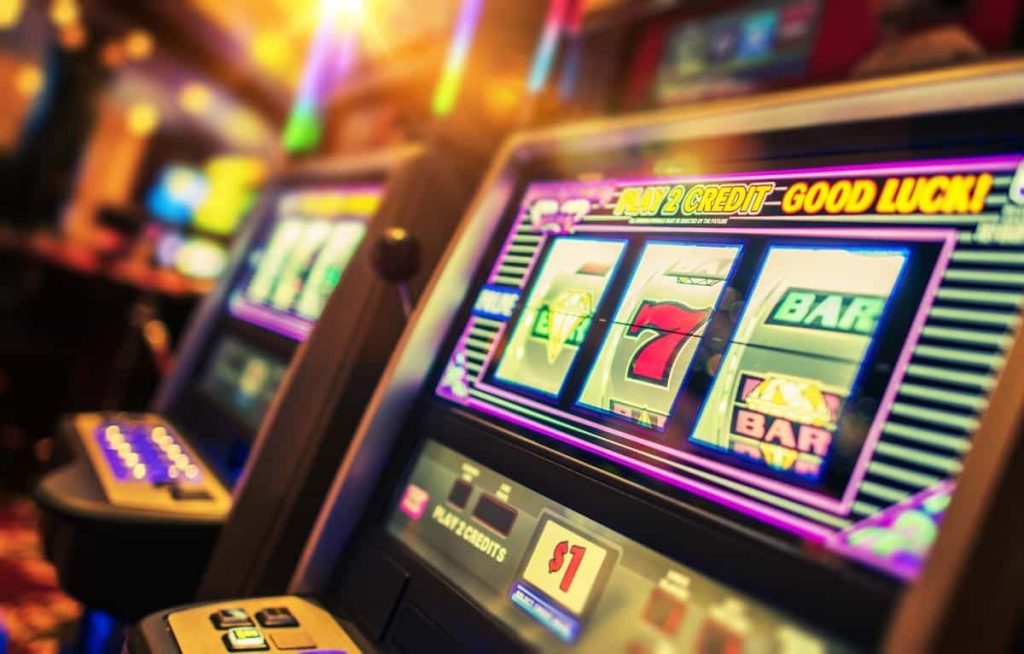Slot machines have long been a staple in casinos, attracting players with their bright lights, engaging themes, and the allure of potentially life-changing jackpots. However, the question of whether they are a good way to make money is complex and multifaceted. Experts in gambling psychology and economics provide valuable insights into this popular form of entertainment, revealing both the allure and the pitfalls of playing slots. At first glance, slot machines may seem like an appealing way to make money due to the possibility of winning large sums. Many players are drawn in by stories of individuals hitting massive jackpots, often worth hundreds of thousands or even millions of dollars. These tales can create an impression that winning is achievable and that the machines are designed to pay out frequently. However, experts highlight that slot machines are primarily games of chance. The outcome of each spin is determined by a random number generator (RNG), making it virtually impossible for players to predict or influence the result. Consequently, while there are occasional big winners, the vast majority of players will not come out ahead financially.
From a statistical perspective, slot machines have a built-in house edge, meaning that the odds are stacked against players. For instance, many machines have a return-to-player (RTP) percentage that ranges from 85% to 98%. This means that over time, players can expect to lose a portion of their total bets, as the casino retains the rest. While a high RTP indicates a more favorable situation for the player, it does not guarantee profits in the short term. Many players may experience a series of losses before hitting a win, leading to frustration and, in some cases, gambling addiction. Experts also emphasize the psychological aspects of playing slot machines. The excitement of playing, combined with the anticipation of a potential win, can create a rush that keeps players returning for more. This phenomenon, known as the “near-miss effect,” occurs when players come close to winning but ultimately lose, often leading them to believe that they are on the verge of a win.

This can result in chasing losses, which experts warn can spiral into problematic gambling behavior. Moreover, the social context of playing judi slot cannot be overlooked. Many players enjoy the communal atmosphere of a casino, where the thrill of the game is enhanced by the presence of others. However, this can also contribute to a sense of urgency to keep playing, further diminishing the likelihood of making money. In conclusion, while slot machines can offer entertainment and the tantalizing prospect of a significant win, they are not a reliable way to make money. The odds are generally against players, and the risk of developing problematic gambling habits is a real concern. Experts recommend treating slot machines as a form of entertainment rather than a serious financial investment, encouraging players to set limits and play responsibly.




